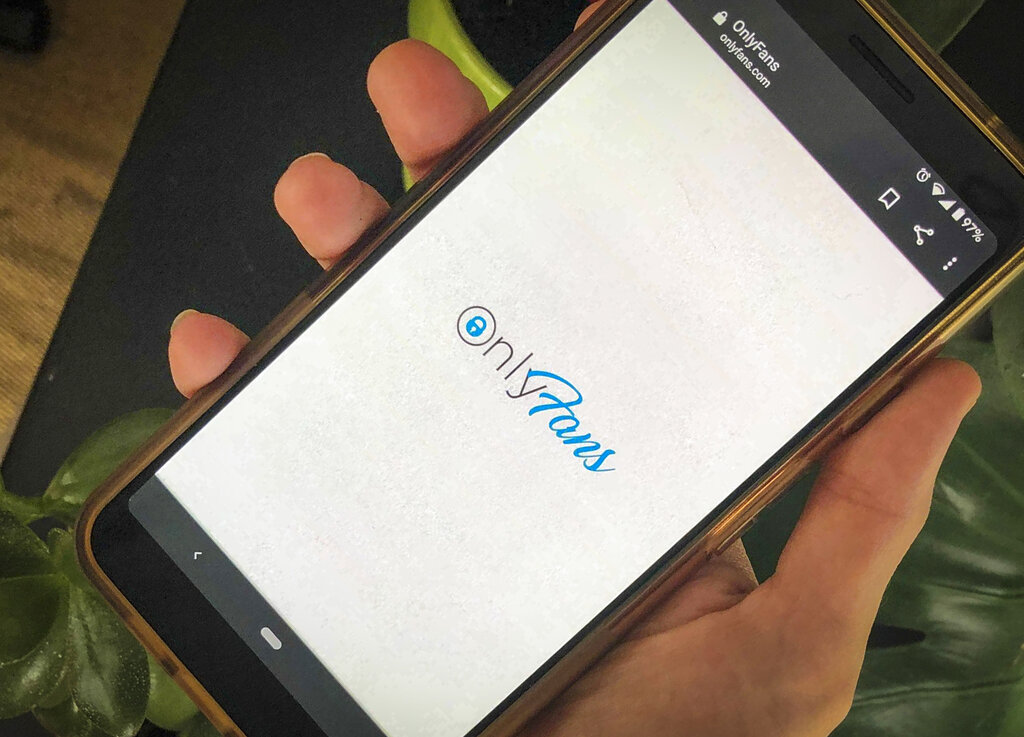Rachel Dolezal, the individual who stirred national controversy by identifying as Black despite being of white parentage, has been dismissed from her job due to her involvement with an OnlyFans account. Dolezal, who previously held a leadership position within the Spokane, Washington branch of the NAACP, saw her story gain widespread media attention which led to a broad discussion on racial identity in America.
This recent turn of events has sparked yet another wave of public and media scrutiny. Dolezal’s OnlyFans account, typically a platform for creators to offer exclusive content to their subscribers, became the subject of debate when her employers deemed it inappropriate, leading to her termination. This move by her employers has reignited conversations about personal privacy, employment practices, and the boundaries of content creation in digital spaces.
Dolezal defended her choice to create an OnlyFans account, stating it as a personal endeavor to express her artistic side and connect with an audience on a more intimate level. She argued that her content, which she describes as “creative” and “expressive,” should not intersect with her professional life or be grounds for dismissal. Her stance raises important questions about the extent to which individuals’ online activities can and should impact their employment.
Critics, however, view her firing as a necessary action, pointing to the responsibilities held by public figures and professionals in maintaining a certain standard of conduct, both offline and online. This incident brings to light the complex dynamics between personal freedom, public persona, and professional obligations, posing significant implications for others in similar positions.
The debate surrounding Dolezal’s situation also touches on the broader issues of race, identity, and transformation. Since her story first emerged, Dolezal has become a polarizing figure, with some accusing her of cultural appropriation and others defending her right to self-identification. The discussion extends beyond Dolezal herself, prompting wider reflection on societal norms and the very definition of identity.
As this story continues to unfold, it serves as a reminder of the evolving challenges individuals face in the digital age. The intersection of personal expression, public perception, and professional standards is a delicate balance to maintain, and cases like Dolezal’s highlight the ongoing negotiation between these facets of modern life.

















